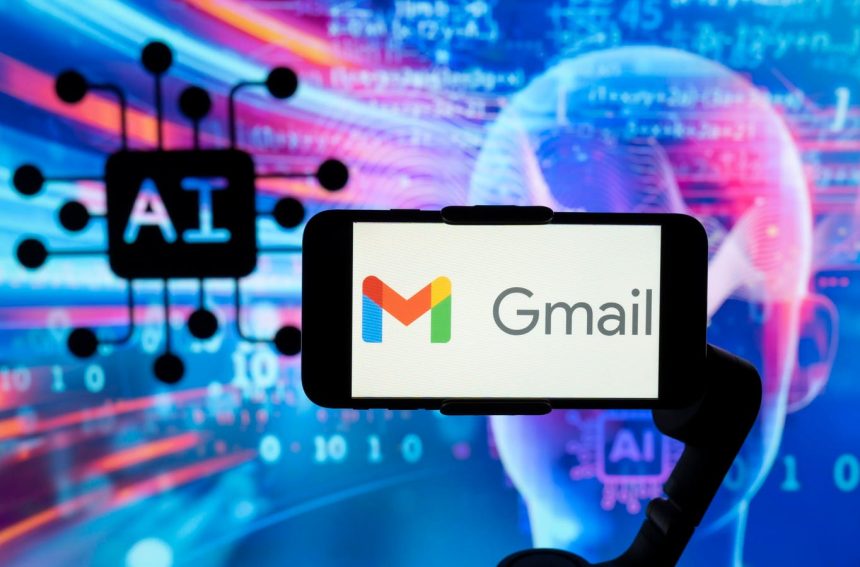The integration of Gemini AI into Google Workspace, including Gmail, promised enhanced usability for its vast user base. However, security researchers uncovered vulnerabilities, specifically indirect prompt injection attacks, that raised concerns about the platform’s security. These attacks exploit the nature of large language models (LLMs) like Gemini, allowing malicious actors to manipulate the AI’s responses by inserting prompts into seemingly innocuous channels like emails, documents, or websites. This manipulation can lead to phishing attempts, data tampering, and even behavioral manipulation of the chatbot itself. Researchers demonstrated successful attacks across Gmail, Google Slides, and Google Drive, highlighting the potential for compromising the integrity of these widely used platforms. Despite the potential severity of these vulnerabilities, Google classified the reported issue as “Won’t Fix (Intended Behavior),” a decision that sparked debate and concern among security experts and users.
The core issue lies in the susceptibility of LLMs to indirect prompt injection. Unlike direct prompt injection, where an attacker directly interacts with the LLM, indirect injection leverages external sources to deliver the malicious prompt. For instance, an attacker could embed a malicious prompt within an email or a Google Doc. When a user opens the email or document, Gemini processes the hidden prompt, potentially leading to unintended and harmful actions. This indirect approach makes detection and prevention more challenging, as traditional security measures like spam filters might not recognize the embedded prompts. The researchers demonstrated how this vulnerability could be exploited for phishing attacks within Gmail, manipulating data within Google Slides, and even poisoning shared documents on Google Drive. These scenarios paint a concerning picture of how seemingly harmless documents or emails can be weaponized to manipulate Gemini’s behavior and compromise user data.
Google’s response to these concerns emphasized the industry-wide nature of these vulnerabilities, asserting that prompt injection attacks are a common challenge for LLMs. The company highlighted its commitment to user safety, citing internal and external security testing, including red-teaming exercises and a Vulnerability Rewards Program specifically designed for AI bug reports. These measures aim to identify and mitigate vulnerabilities before they can be exploited. Google also pointed to existing security features like spam filters and input sanitization as safeguards against malicious code injection. However, critics argue that these measures may not be sufficient to address the nuanced nature of indirect prompt injection attacks.
The debate surrounding Google’s decision not to classify this vulnerability as a security issue underscores the complex challenges of securing AI-powered systems. While Google emphasizes its ongoing efforts to enhance security, the researchers’ findings raise questions about the adequacy of current defenses against increasingly sophisticated attack vectors. The “Won’t Fix” classification suggests that Google considers the reported vulnerability an inherent characteristic of LLMs rather than a flaw that can be directly patched. This stance raises concerns about the potential trade-off between the enhanced functionality offered by AI and the associated security risks.
For Gmail users, this situation highlights the importance of remaining vigilant about potential phishing attempts and exercising caution when interacting with AI-generated content. While Google’s security measures offer some level of protection, users should be aware that indirect prompt injection attacks represent a real threat. It is crucial to scrutinize emails and documents for suspicious content, especially those containing unexpected or unusual requests. Furthermore, users should be cautious about clicking on links or downloading attachments from unknown sources. Staying informed about evolving security threats and adopting best practices for online safety are vital in navigating the complex landscape of AI-powered communication platforms.
The ongoing dialogue between security researchers and tech companies like Google is crucial for shaping the future of AI security. As LLMs become increasingly integrated into everyday applications, addressing vulnerabilities like indirect prompt injection is paramount. The “Won’t Fix” designation should not discourage further research and development of robust defense mechanisms. Instead, it should serve as a catalyst for collaborative efforts to find innovative solutions that balance the benefits of AI with the need for robust security. Users, researchers, and developers alike must work together to create a secure and trustworthy environment for AI-powered communication and collaboration.



